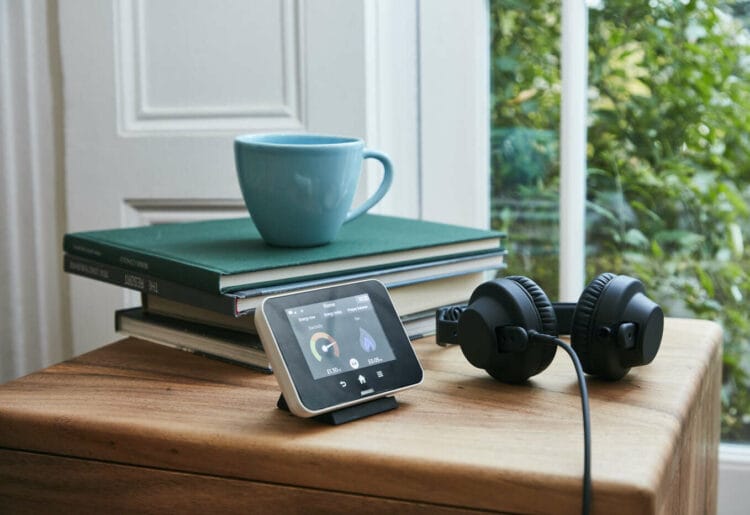By Dan Brooke, CEO of Smart Energy GB
More so than most, this winter has highlighted the need for Great Britain to better manage its energy usage.
Geopolitical issues have laid bare the volatility of the gas market, forcing suppliers out of business and increasing the cost of heating their homes for millions of consumers, while a windless winter has impacted our ability to make the most of renewable sources.
This month’s increase in the energy cap, due to come into force in April, is a warning that should Great Britain fail to act to upgrade its energy infrastructure, it must prepare for another difficult winter next year, and many more to come.
This situation is not unavoidable. As the rollout of smart meters continues apace, the current energy context has confirmed how vital they are as a tool both to help consumers manage their energy, and further highlights the need to end our reliance on imported gas for generating electricity and heating our homes. By moving to a flexible energy system built on smart meters we can move beyond gas to more, cheaper renewables.
The stress an outdated energy infrastructure is placing on households has been supported by research carried out by Smart Energy GB this month, which found that a third (32%) of households with a smart meter are using their in-home display more than usual this winter.
This has been driven by the fact that more than half (53%) of households are concerned about their ability to afford their energy bills.
Indeed, there are two sides to the same coin of an energy crisis: rising costs and rising anxiety. Smart Energy GB’s research found that 27% of smart meter owners are currently finding their in-home display and the energy information it provides reassuring; 44% said they feel more in control of their energy due to their in-home display. In times of adversity, this is invaluable.
Like none before, this winter has forced consumers to take notice of the details of their energy bills, many for the first time, but there is more to be done in terms of education and empowerment. Smart Energy GB’s research found that a third (36%) don’t know how much they are paying for their electricity, while 46% per cent are unsure how much their monthly outgoings are for gas.
The wider introduction of smart meters will help towards combating this issue, helping consumers take control of their of energy usage and understand better where there might be efficiency opportunities.
The desire is there: more than half of Britons (56%) believe they could save money each month if they took a closer look at their outgoings, with 50% of billpayers hoping to get a tighter grip on their finances.
Smart Energy GB’s research is a clear indicator that the energy crisis has encouraged more people to engage with their in-home display during this most difficult of seasons and many are feeling more in control of their energy use as a result.
This is an extremely challenging time for many households and there are no quick fixes or easy answers, but a smart meter can be a really helpful tool for people wanting to feel a bit more in control, with more visibility on their energy use and avoiding the uncertainties of estimated bills.
But what’s more is that a national energy infrastructure built on smart meters can help prevent energy crunches in the first place, protecting the country against the cruellest of winters and the uncertainty that comes with it.
Learn more about smart meters on the Smart Energy GB website.
Dan Brooke is the CEO of Smart Energy GB
























